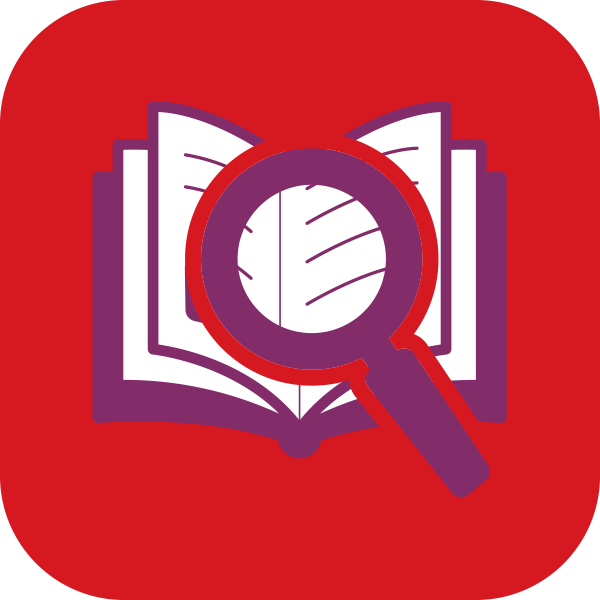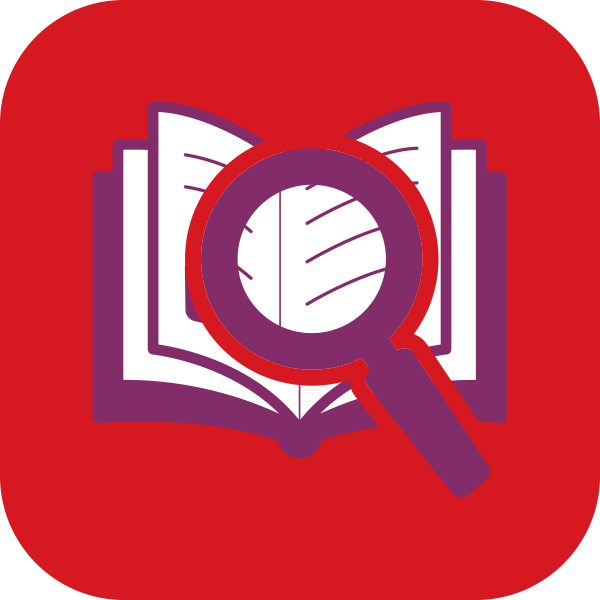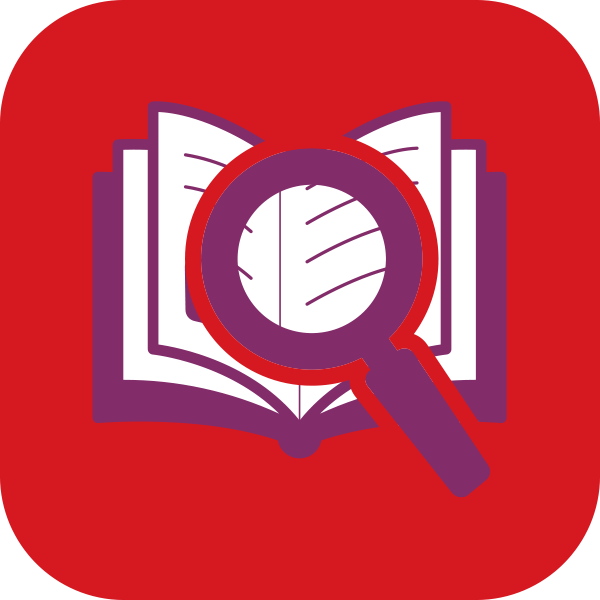I am Head of Service at Chadsgrove School Support Services based in Worcestershire. The service consists of specialist teaching and therapy teams who support pupils in mainstream schools (and those out of education) who have a range of needs including: specific learning difficulties (SpLDs), autism, PDA, sensory difficulties, motor difficulties, emotional based school avoidance and anxiety.
As a service, we are a Centre of Assessment Excellence for GL Assessment, utilising many of their assessments as part of our diagnostic pathways and support packages. These assessments are mainly utilised by our Learning Support Team; this team comprises of specialist teachers who assess for SpLDs and who support pupils with cognition and learning difficulties and differences.
Pupils are generally referred to our service via their school or through the local authority, however, we do also accept private assessment referrals from parents. Once a referral has been received, it is reviewed and a specialist teacher allocated.
As a service we have reviewed a variety of standardised assessments of reading over the years and particularly like the accessibility of GL Assessment’s York Assessment of Reading for Comprehension (YARC) for pupils. The material is clear and well presented, with start and discontinue points that are realistic for pupils who may struggle with reading. YARC provides assessment at both single word and prose level, allowing specialists to gain an insight, alongside other specialist assessments, of an individual’s strengths and difficulties.
The comprehension questions in YARC provide a variety of question styles, which helps specialists to build a greater understanding around language, vocabulary and inference skills. Often comprehension results lead to further exploration of vocabulary and language; in these cases, GL Assessment’s British Picture Vocabulary Scale (BPVS3) is often called upon as part of our wider battery of assessments.
Alongside YARC, we also utilise GL Assessment’s Phonological Assessment Battery (PhAB2) as a core assessment. PhAB2 provides a fantastic assessment of phonological awareness, covering core components that fall within this domain. The assessment also provides subtests to review speed of phonological processing, with the rapid picture naming and rapid digit naming often being more accessible than many counterparts.
Even when a more specialised assessment has been utilised, specialist teachers will often use the rapid naming tasks in PhAB2 to correlate results and triangulate information. With phonological awareness development being sequential and cumulative, PhAB2 really does provide great data regarding gaps in knowledge and areas of difficulty; this allows targeted intervention to be put into place to support an individual’s development.
With both the YARC and the PhAB2 being standardised, their use, as part of a full cognitive profile, supports specialists to build a clear pattern of strengths and difficulties. This profile, alongside background information, informs advice regarding target setting and intervention in the classroom, as well as being used as part of the diagnostic decision process for dyslexia.
The key to effective use of standardised assessments, is knowing how to interpret them. By this I do not just mean the scoring and interpreting of psychometric standardised data, but a core understanding of what an assessment is actually showing you: what do the results mean and what impact will a difficulty in a certain area have on a pupil’s learning and development? GL Assessment’s SEND training is essential for supporting schools with this.
Advice we regularly give schools we work with is: understand the assessment. Standardised assessments are an extremely powerful tool: they can be diagnostic; they can be used to moderate and triangulate; and they can provide valuable data at whole school level to help inform teaching and learning development plans.
Chadsgrove School Support Services is a Centre of Assessment Excellence




